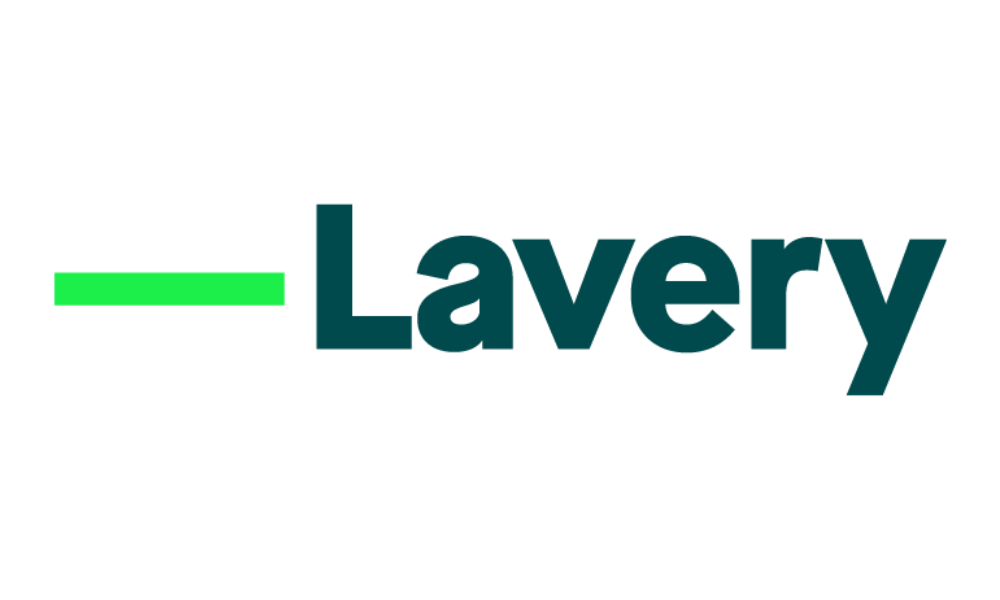The Supreme Court of Canada released a joint decision in two appeals – Club Resorts Ltd. v. Van Breda and Club Resorts Ltd. v. Charron – which establishes a new test for determining when an Ontario court is entitled to assume jurisdiction over a foreign defendant for a tort that was committed outside of Ontario.
Both the Van Breda case and the Charron case involved accidents suffered by Ontario residents at two different resorts in Cuba. Both resorts were operated by the defendant, Club Resorts Ltd. (CRL), a Cayman Islands company.
In each case, the plaintiffs returned to Canada and commenced lawsuits against CRL and other defendants in the Ontario Superior Court of Justice.
CRL brought an unsuccessful motion in each case for an order staying or dismissing the action on the basis that the Ontario court lacked jurisdiction simpliciter over these claims against CRL, or alternatively that Cuba was a clearly more appropriate forum for the conduct of these actions.
On February 2, 2010, the Court of Appeal for Ontario dismissed both of the appeals of CRL.
The Supreme Court of Canada granted leave to appeal, but dismissed CRL's appeals in a 7-0 decision.
The Court held that to meet the common law real and substantial connection test, the party arguing that the court should assume jurisdiction has the burden of identifying a presumptive connecting factor that links the subject matter of the litigation to the forum. Jurisdiction must be established primarily on the basis of objective factors that connect the legal situation or the subject matter of the litigation with the forum. In a case concerning a tort, the following factors are presumptive connecting factors that, primafacie, entitle a court to assume jurisdiction over a dispute: (a) the defendant is domiciled or resident in the province; (b) the defendant carries on business in the province; (c) the tort was committed in the province; and (d) a contract connected with the dispute was made in the province.
Although the factors set out in the list are considered presumptive, this does not mean that the list of recognized factors is complete, as it may be reviewed over time and updated by adding new presumptive connecting factors.
The presumption of jurisdiction that arises where a recognized connecting factor — whether listed or new — applies is not irrebuttable. The burden of rebutting the presumption of jurisdiction rests, of course, on the party challenging the assumption of jurisdiction. That party must negate the presumptive effect of the listed or new factor and convince the court that the proposed assumption of jurisdiction would be inappropriate. This could be accomplished by establishing facts which demonstrate that the presumptive connecting factor does not point to any real relationship between the subject matter of the litigation and the forum or points only to a weak relationship between them.
Conversely, if the party asking the court to assume jurisdiction fails to identify an objective connecting factor, it is not open to that party to seek to rely on other considerations to establish jurisdiction. In the absence of a connecting factor, the court cannot assume jurisdiction.
John Olah of Beard Winter LLP represented the defendant (appellant) CRL in Van Breda.
Fasken Martineau DuMoulin LLP represented the defendant (appellant) CRL in Charron, with a team comprising Peter Pliszka and Robin Roddey.
Paliare Roland Rosenberg Rothstein LLP represented the plaintiffs (respondents) in Van Breda, with a team comprising Chris Paliare, Robert Centa, Tina Lie, and Alysha Shore.
Adair Morse LLP represented the plaintiffs (respondents) in Charron, with a team comprising Jerome Morse, Lori Stoltz and John Adair.
McCague Borlack LLP represented the defendant (respondent) Bel Air Travel Group Ltd. in Charron, with a team comprising Howard Borlack, Lisa La Horey, and Sabine Kharabian.
Catharine Buie of Buie Cohen LLP represented the defendant (respondent) Hola Sun Holidays Ltd. in Charron.
Torys LLP represented intervenor The Tourism Industry Association of Ontario, with a team comprising John Terry and Jana Stettner.
The intervenors, Amnesty International, Canadian Centre for International Justice and Canadian Lawyers for International Human Rights, were represented by François Larocque, from the University of Ottawa, along with Michael Sobkin, and by Mark Power and Lauren Wihak, from Heenan Blaikie LLP.
Allan Rouben represented intervenor Ontario Trial Lawyers Association.
Both the Van Breda case and the Charron case involved accidents suffered by Ontario residents at two different resorts in Cuba. Both resorts were operated by the defendant, Club Resorts Ltd. (CRL), a Cayman Islands company.
In each case, the plaintiffs returned to Canada and commenced lawsuits against CRL and other defendants in the Ontario Superior Court of Justice.
CRL brought an unsuccessful motion in each case for an order staying or dismissing the action on the basis that the Ontario court lacked jurisdiction simpliciter over these claims against CRL, or alternatively that Cuba was a clearly more appropriate forum for the conduct of these actions.
On February 2, 2010, the Court of Appeal for Ontario dismissed both of the appeals of CRL.
The Supreme Court of Canada granted leave to appeal, but dismissed CRL's appeals in a 7-0 decision.
The Court held that to meet the common law real and substantial connection test, the party arguing that the court should assume jurisdiction has the burden of identifying a presumptive connecting factor that links the subject matter of the litigation to the forum. Jurisdiction must be established primarily on the basis of objective factors that connect the legal situation or the subject matter of the litigation with the forum. In a case concerning a tort, the following factors are presumptive connecting factors that, primafacie, entitle a court to assume jurisdiction over a dispute: (a) the defendant is domiciled or resident in the province; (b) the defendant carries on business in the province; (c) the tort was committed in the province; and (d) a contract connected with the dispute was made in the province.
Although the factors set out in the list are considered presumptive, this does not mean that the list of recognized factors is complete, as it may be reviewed over time and updated by adding new presumptive connecting factors.
The presumption of jurisdiction that arises where a recognized connecting factor — whether listed or new — applies is not irrebuttable. The burden of rebutting the presumption of jurisdiction rests, of course, on the party challenging the assumption of jurisdiction. That party must negate the presumptive effect of the listed or new factor and convince the court that the proposed assumption of jurisdiction would be inappropriate. This could be accomplished by establishing facts which demonstrate that the presumptive connecting factor does not point to any real relationship between the subject matter of the litigation and the forum or points only to a weak relationship between them.
Conversely, if the party asking the court to assume jurisdiction fails to identify an objective connecting factor, it is not open to that party to seek to rely on other considerations to establish jurisdiction. In the absence of a connecting factor, the court cannot assume jurisdiction.
John Olah of Beard Winter LLP represented the defendant (appellant) CRL in Van Breda.
Fasken Martineau DuMoulin LLP represented the defendant (appellant) CRL in Charron, with a team comprising Peter Pliszka and Robin Roddey.
Paliare Roland Rosenberg Rothstein LLP represented the plaintiffs (respondents) in Van Breda, with a team comprising Chris Paliare, Robert Centa, Tina Lie, and Alysha Shore.
Adair Morse LLP represented the plaintiffs (respondents) in Charron, with a team comprising Jerome Morse, Lori Stoltz and John Adair.
McCague Borlack LLP represented the defendant (respondent) Bel Air Travel Group Ltd. in Charron, with a team comprising Howard Borlack, Lisa La Horey, and Sabine Kharabian.
Catharine Buie of Buie Cohen LLP represented the defendant (respondent) Hola Sun Holidays Ltd. in Charron.
Torys LLP represented intervenor The Tourism Industry Association of Ontario, with a team comprising John Terry and Jana Stettner.
The intervenors, Amnesty International, Canadian Centre for International Justice and Canadian Lawyers for International Human Rights, were represented by François Larocque, from the University of Ottawa, along with Michael Sobkin, and by Mark Power and Lauren Wihak, from Heenan Blaikie LLP.
Allan Rouben represented intervenor Ontario Trial Lawyers Association.
Recent Articles
Lawyer(s)
John A. Olah
Jerome R. Morse
Tina Lie
Peter J. Pliszka
Robin P. Roddey
Sabine Kharabian
John Adair
Lisa D. La Horey
Lori Stoltz
Robert A. Centa
Howard Borlack
Chris G. Paliare
Alysha Shore
Firm(s)
Fasken Martineau DuMoulin LLP
Paliare Roland Rosenberg Rothstein LLP
Morse Shannon LLP
McCague Borlack LLP
Torys LLP
Beard Winter LLP




